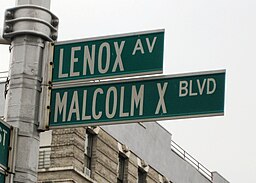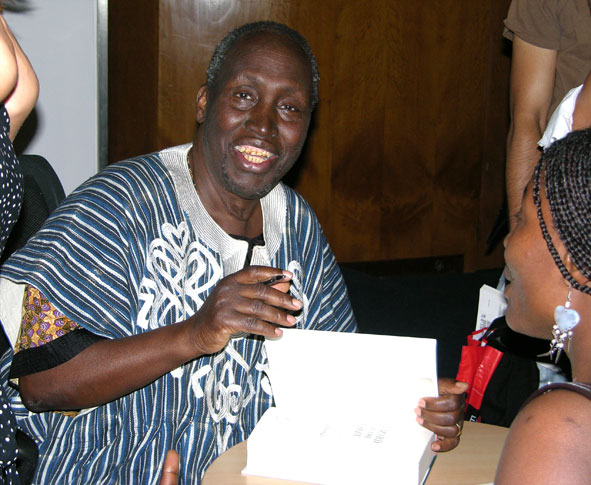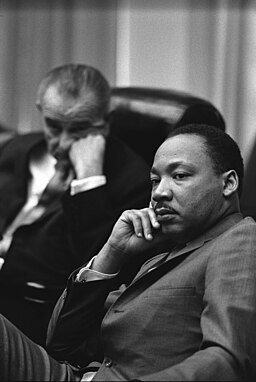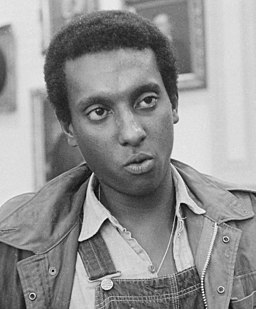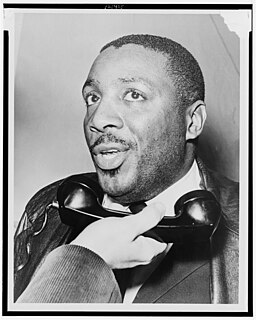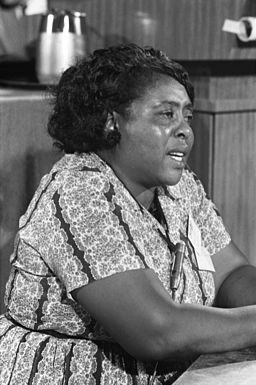Cherry Natural considers herself as a feminist dub poet or activist, and her sources of inspiration include the late Jamaican poet Louise Bennett. Louise Bennett is well-known as the first Caribbean poet who used Creole or patois consistently and to great effect in her ballads, and who relentlessly stood up for the people’s language as opposed to standard English which was then considered as the only passport to social elevation.
Image attribution: The SVG code is valid. This vector image was created with Inkscape by SKopp, and then manually edited by Zscout370, Madden and others., Public domain, via Wikimedia Commons


